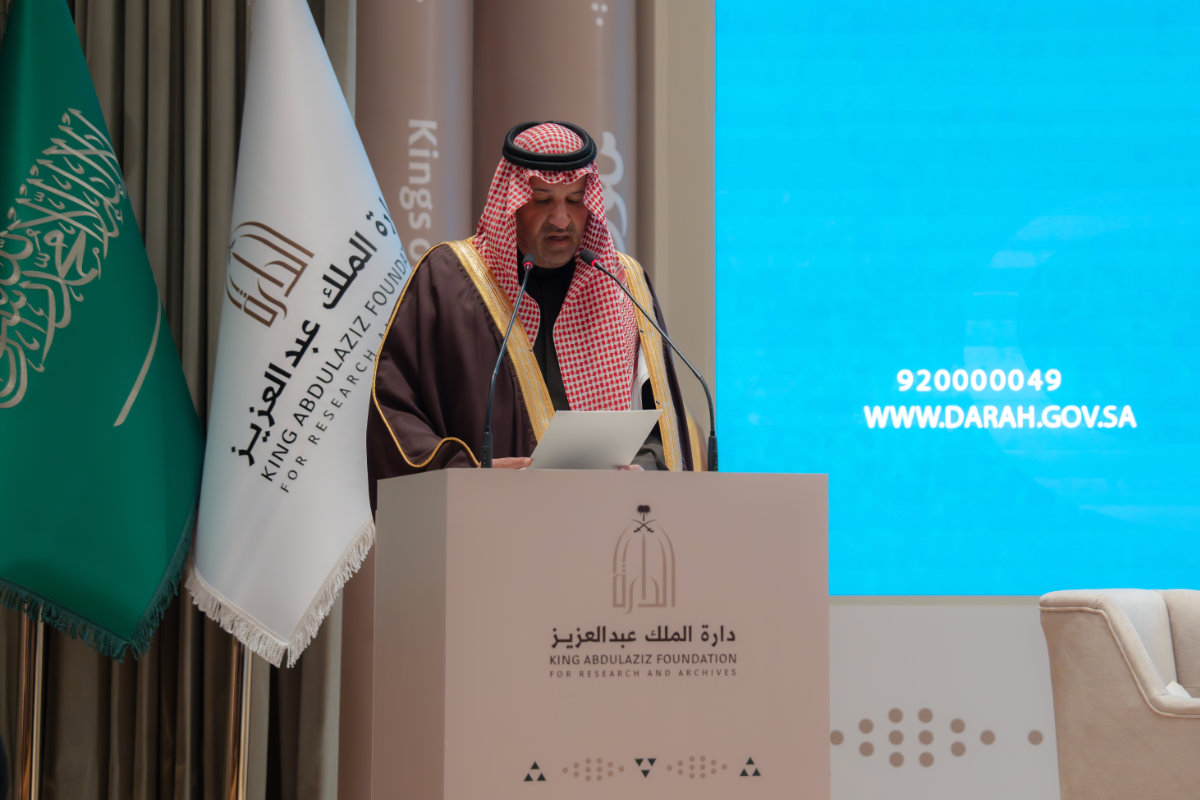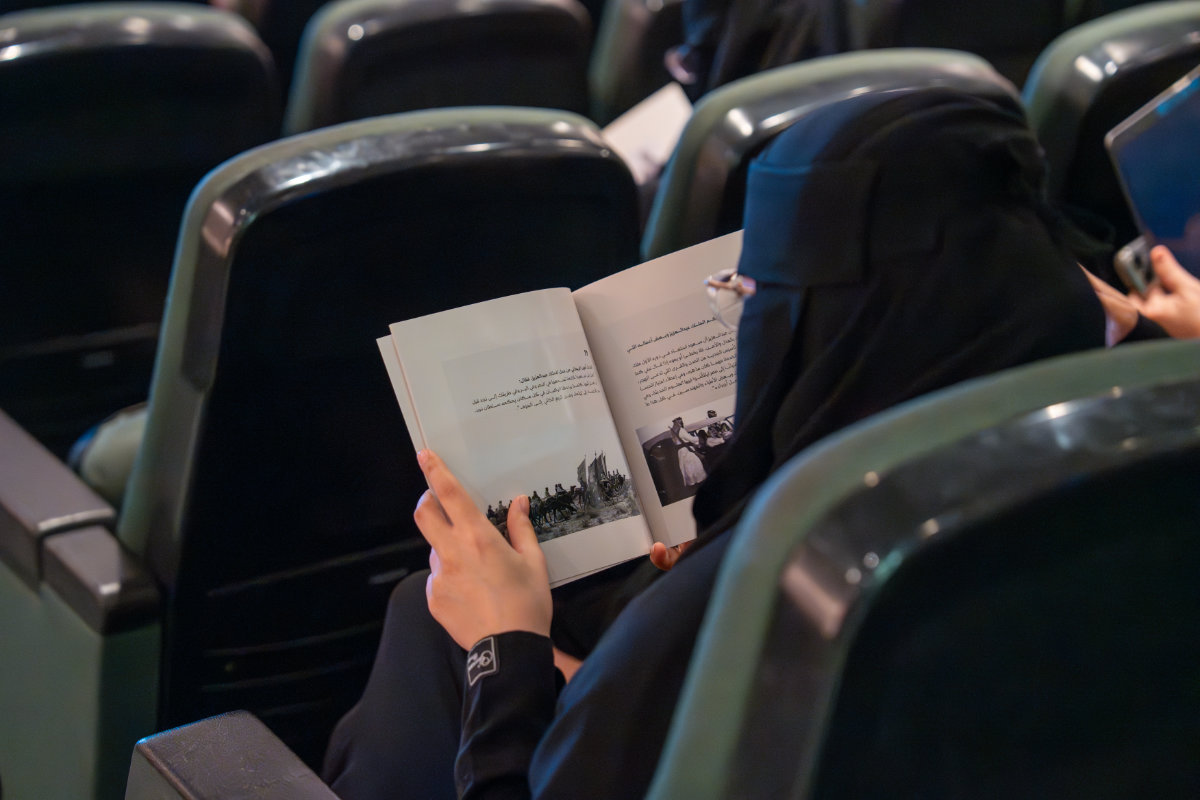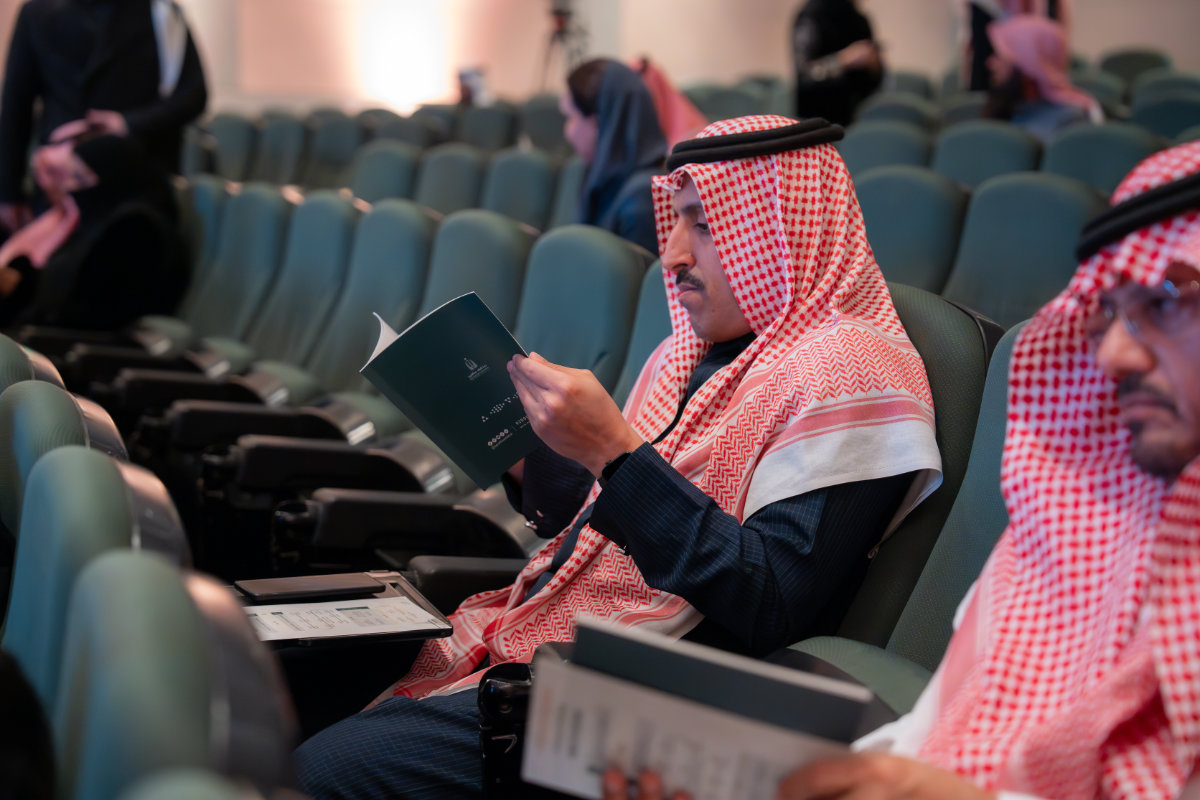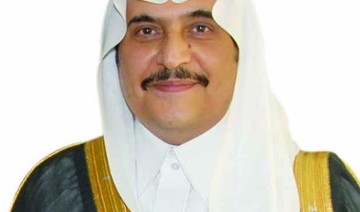Cutting greenhouse gas emissions with carbon offsets

https://arab.news/v4746
Amid the worsening climate crisis, carbon trading markets have emerged as a cutting-edge tool for controlling greenhouse gas emissions.
These include cap-and-trade systems, which allocate companies a limited number of emission allowances under a set maximum, and carbon offset programs, which let industries earn credits by financing environmentally sound projects to offset their emissions.
The goal is straightforward — reduce emissions by putting a price on carbon pollution.
The carbon market has grown substantially in recent years, reaching an estimated $950 billion in 2023 — a 14 percent increase from its valuation in 2022. This steady growth highlights its rising importance.
However, a key question remains: Are these measures enough to support global efforts to combat climate change?
While the potential of carbon markets is promising, their effectiveness depends on sufficient transparency, a robust legal framework and international collaboration.
Carbon markets play a crucial role in advancing climate action by encouraging businesses to reduce emissions while financing cleaner technologies.
For example, cap-and-trade models incentivize industries to develop low-emission alternatives to meet regulatory standards.
The EU’s Emissions Trading System has successfully implemented this approach, cutting emissions in the EU’s power and industrial sectors by 43 percent since 2005.
Carbon offsets take sustainability to a new level by funding projects such as tree planting and clean energy initiatives. In 2022, voluntary carbon markets directed more than $2 billion into global projects that reduced CO2 emissions.
However, criticisms remain. A lack of standardization can result in “greenwashing,” where low-quality offsets enable companies to maintain high emission levels. A robust legal framework and systematic oversight are essential to prevent malpractice and ensure carbon markets deliver measurable, meaningful climate impacts.
Globally, carbon markets are gaining momentum. In the US, California’s cap-and-trade program has reduced emissions while generating $19 billion to fund clean energy projects.
In Asia, China launched the world’s largest national carbon market in 2021, covering more than 2,200 power plants and representing 4.5 billion tons of CO2 annually.
Yet challenges persist. Price volatility creates uncertainty, as seen in the EU ETS, where carbon prices dropped sharply from around €84 per ton in January 2024 to as low as €52 within about two months, according to the Carbon Market Watch.
Carbon offsets take sustainability to a new level by funding projects such as tree planting and clean energy initiatives.
Majed Al-Qatari
Moreover, fragmented standards in voluntary markets hinder global cohesion, underscoring the need for international frameworks to align efforts, as emphasized during the UN Climate Change Conference, COP29, in Azerbaijan last year.
Carbon markets were a central focus at COP29, with new commitments to expand both voluntary and compliance markets. Officials highlighted Article 6 of the Paris Agreement, which seeks to align carbon market rules across nations and promote international climate action.
The focus also shifted to the credibility of carbon credits. For instance, the Integrity Council for the Voluntary Carbon Markets introduced new standards to ensure that carbon credits deliver real climate impacts.
These developments signal a growing global consensus. As a result, it is crucial that carbon markets uphold the highest levels of transparency, accountability, and credibility.
Saudi Arabia has emerged as a leader in advocating for the development of carbon markets through the Saudi Green Initiative. The Kingdom has led efforts focusing on carbon trading, as well as Public Investment Fund mechanisms, to build a regional voluntary carbon market and a dedicated platform for trading carbon credits.
Moreover, the Kingdom plans to invest in carbon credit trading to help reduce emissions in hard-to-abate sectors, including oil and gas.
As such, the Gulf country aims to achieve a carbon sequestration and storage target of 44 million tonnes annually by 2030 as part of its net-zero emissions goal for 2060.
This vision supports Saudi Arabia’s broader goal of balancing economic growth with environmental protection.
Looking ahead, the question remains: Can carbon markets achieve the goal of combating climate change?
The International Monetary Fund argues that carbon pricing policies must accurately reflect the cost of carbon emissions. It recommends setting a basic carbon price of $75 per ton by 2030 to help ensure global warming does not exceed 1.5 C above pre-industrial levels.
Innovations like blockchain-based carbon credit systems also offer solutions, addressing transparency and fraud issues while improving market efficiency.
Enhanced international cooperation is crucial as well. Bold agreements, such as those proposed at COP29, can help standardize practices and make fair emissions reductions achievable worldwide.
Carbon markets have significant potential to reduce emissions by encouraging the adoption of cleaner technologies and funding sustainable initiatives. However, their success depends on increased transparency, strict regulations, and global coordination.
When carbon markets are aligned with the goals of international climate policies, they can play a crucial role in driving the world toward a sustainable, low-carbon future.
• Majed Al-Qatari is a sustainability leader, ecological engineer and UN Youth Ambassador.



































